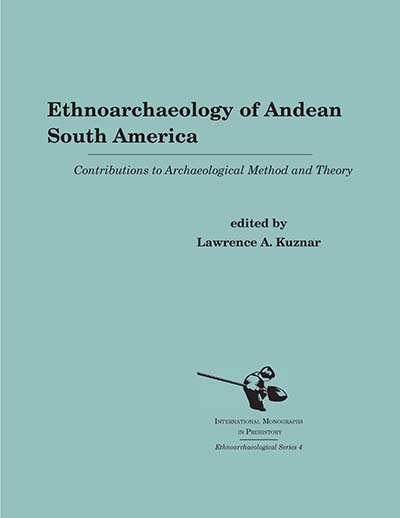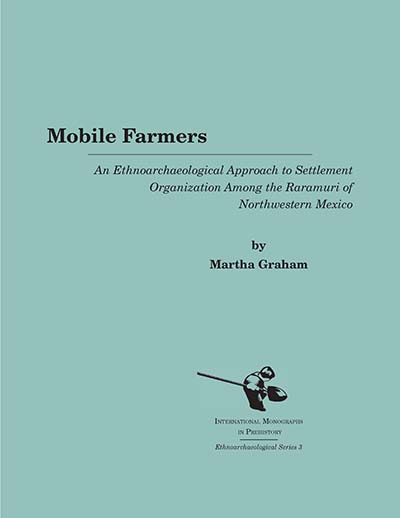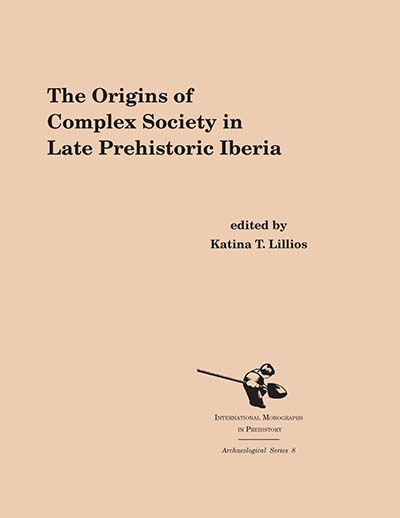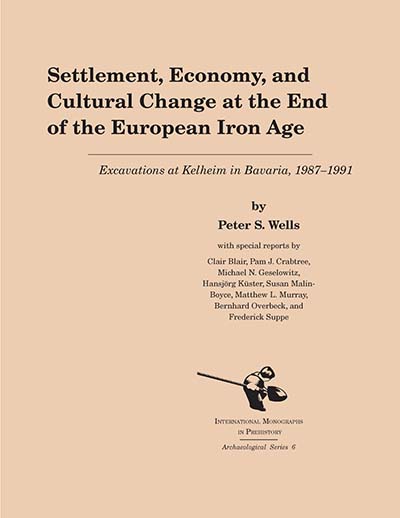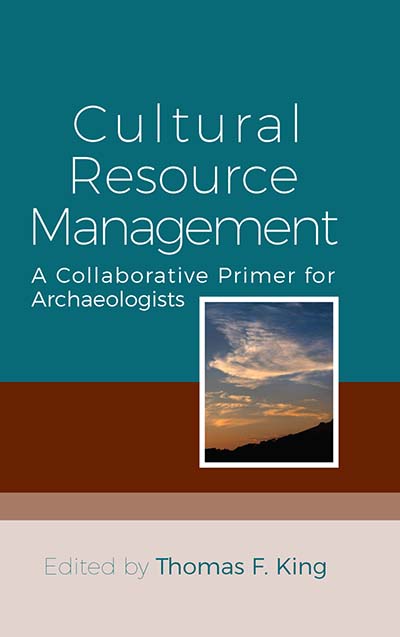
Email Newsletters
Sign up for our email newsletters to get customized updates on new Berghahn publications.
Cultural Resource Management
A Collaborative Primer for Archaeologists
Edited by Thomas F. King
176 pages, bibliog., index
ISBN 978-1-78920-623-4 $120.00/£92.00 / Hb / Published (February 2020)
ISBN 978-1-78920-652-4 $29.95/£23.95 / Pb / Published (February 2020)
eISBN 978-1-83695-992-2 eBook
Reviews
“It is very well written, effectively organized, and spot-on: an insider’s succinct explication and critique of how 21st century CRM works, aimed at up and coming and journeyman archaeologists.” • Stephen L. Black, Texas State University
Description
Stressing the interdisciplinary, public-policy oriented character of Cultural Resource Management (CRM), which is not merely “applied archaeology,” this short, relatively uncomplicated introduction is aimed at emerging archaeologists. Drawing on fifty-plus years’ experience, and augmented by the advice of fourteen collaborators, Cultural Resource Management explains what “CRM archaeologists” do, and explores the public policy, ethical, and pragmatic implications of doing it for a living.
Thomas F. King has worked in heritage or cultural resource management for over fifty years, in government and in the private sector with a wide range of clients. He is also the author of many textbooks and journal articles about archaeology and historic preservation. From 1977 to 1979. he helped develop archaeological and historic preservation programs in the Federated States of Micronesia, the Republic of Palau, and the Republic of the Marshall Islands. Between 1979 and 1989 King was employed by the Advisory Council on Historic Preservation in Washington DC, where he and his wife, the late Patricia Parker, were responsible for writing National Register Bulletin 38, a U.S. government guideline document that many indigenous groups and local communities have used to protect their cultural heritage from destructive government projects. He was awarded the PhD in anthropology in 1976 by the University of California, Riverside.

